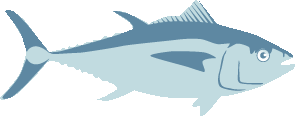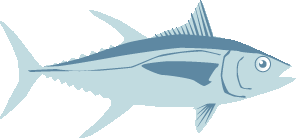Overview
Afritex is an investment holding company with strategic interests in African based fishing operations that markets seafood to a global base of customers. Through its subsidiary companies, Afritex operates two longline tuna and swordfish operations – (a) one in Port Louis (Mauritius), and the other (b) in Beira (Mozambique). All vessels are now flagged to Mozambique.
a) Afritex Fishing Ltd (Mauritius)
Longline fishing operation based in Port Louis (Mauritius), with commercial quay-side packing and processing facility, and owned fleet of vessels. Fishing in waters of Mauritius, the primary focus is fresh tuna (mainly YFT) and swordfish. The product is distributed fresh by airfreight, as well as processed seafood for retail ready lines, such as tuna, swordfish, dorado and other associated by-catch.
b) Pescamoz
Longline fishing company based in the port of Beira (Mozambique). It comprises a processing facility and self-owned fleet of longline vessels. Primary focus is on the export of fresh tuna and swordfish, as well as processing a range of retail lines from tuna, swordfish, and dorado.
Afritex is an investment holding company with strategic interests in African based fishing operations that markets seafood to a global base of customers.
- Achieve sustainable stock status’ for tuna and swordfish species that is consistent with the Maximum Sustainable Yield (MSY) and management systems strengthened to achieve this.
- To improve the availability of accurate data on catches, retained and especially bycatch by strengthening information systems and training.
- To collaborate with other institutions working on tuna fisheries issues in the country, including working together to improve the management and policy towards sustainable fisheries for example Harvest Control Rules.
- Increase observer coverage electronically or in person.
- Promote the adoption by the Indian Ocean Tuna Commission (IOTC) and member countries of precautionary and ecosystem-based management measures and encourage the IOTC to adopt management measures that will reduce fishing mortality.
- Strengthen mahi mahi, ETP and retained species management strategies and reduce bycatch
- Improve governance and decision-making process.
- To achieve a certifiable status by 2025.
FIP at a Glance
| 29% | 32% | 39% |
This pie chart represents completed environmental actions. Non-completed environmental actions may contain completed sub-tasks that are not illustrated here. For more information on environmental action progress visit the Actions Progress tab.
- Complete
- Incomplete




